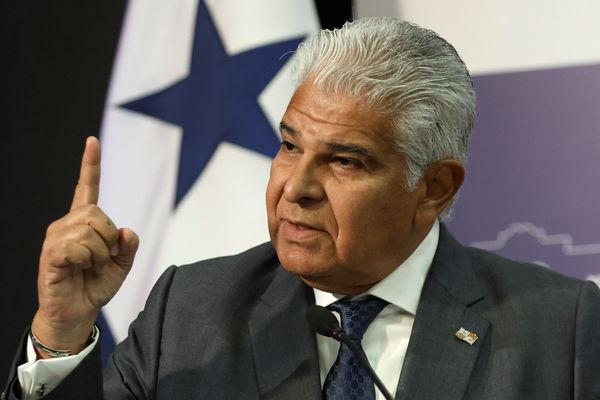
During his first presidency, Donald Trump frequently utilized tariffs on foreign goods, although their impact on the overall economy was minimal. While specific industries experienced clear aftershocks, the promised increase in factory jobs never materialized, nor did the feared inflation surge occur.
However, Trump's tariff threats for his potential second term appear to be on a much larger scale, creating uncertainty regarding their implementation and consequences. The president-elect has indicated plans to impose 25% tariffs on all goods imported from Mexico and Canada on his first day in office, linking this action to issues such as illegal immigration and drug trafficking.
Furthermore, Trump has proposed additional tariffs on Chinese imports until Beijing addresses the production of materials used in making fentanyl. These aggressive tariff measures could potentially disrupt existing trade agreements and escalate tensions with affected countries.
Various groups have expressed concerns over the potential ramifications of Trump's tariff threats. Business organizations have warned of escalating inflation, while Mexican officials have indicated plans to retaliate with tariffs on U.S. products. House Democrats have introduced legislation to limit a president's ability to unilaterally impose such drastic tariffs, emphasizing the potential negative impact on consumer prices.




Despite the controversy surrounding tariffs, they have become a familiar tool in U.S. trade policy. Trump's initial tariffs on China were continued and expanded by President Joe Biden, reflecting a bipartisan approach to trade restrictions. While these tariffs have not significantly alleviated inflationary pressures, they have influenced global trade dynamics and reshaped supply chains.
Although Trump's first-term tariffs had a modest impact on the economy, they led to increased revenue from customs and duties. However, the total tariffs collected remained a small fraction of the overall GDP, indicating limited economic significance.
Looking ahead, Trump's proposed tariffs for his potential second term are considerably larger and could have more substantial effects on the economy. The uncertainty surrounding these tariff threats has left companies and countries awaiting further details to assess the potential implications.







